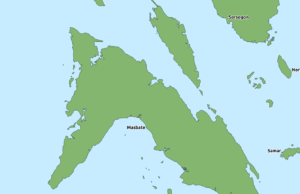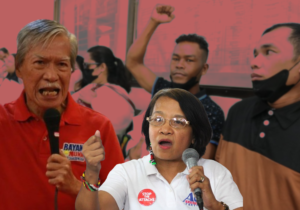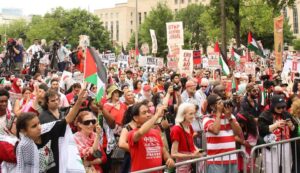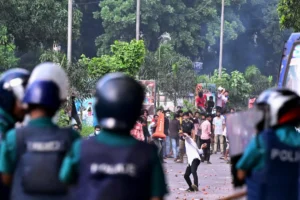OFWs in Saudi Arabia demand for their hard earned wages in 2016

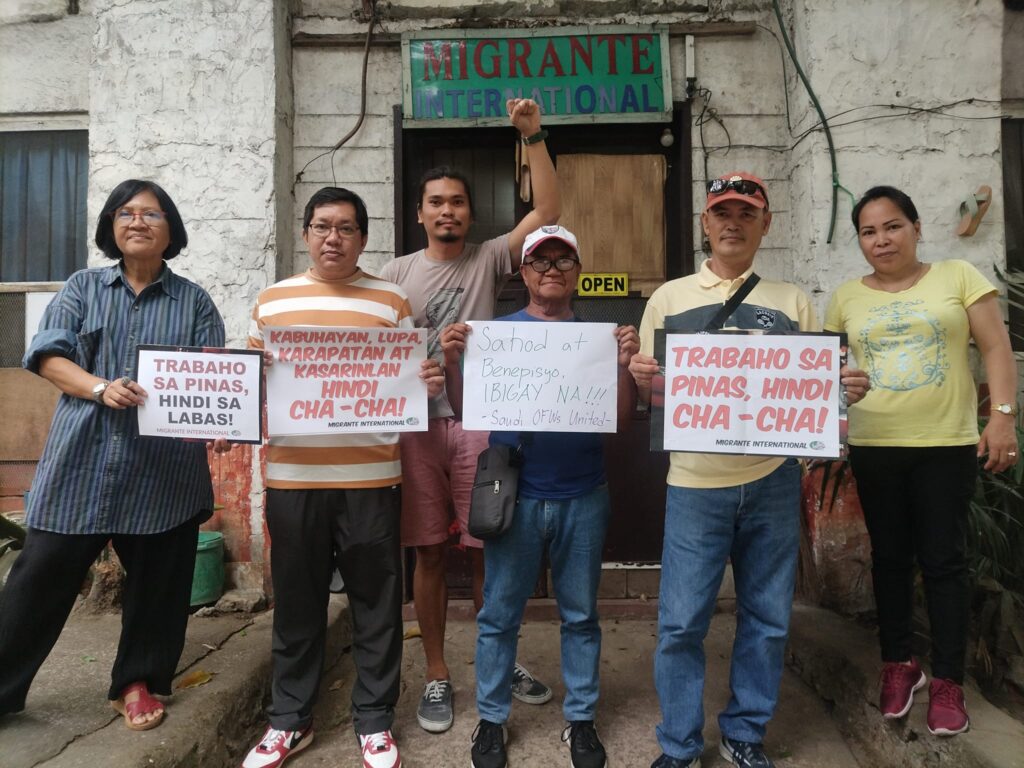
Hundreds of migrant workers lost their jobs in Saudi Arabia when large companies declared bankruptcy and closed in 2016, but until now they have not been paid their wages and benefits. This is despite promises by reactionary state under the then Duterte regime, and now the Ferdinand Marcos regime, to help them get back what they deserve.
Eight years after losing their jobs, they haven’t received anything. According to the Department of Migrant Workers (DMW), their number has reached 9,000. Until now, there is still no guarantee they will receive their hard-earned wages and benefits. The amount of unpaid wages and benefits could reach billions of pesos.
Some workers won their cases in Saudi Arabian courts but so far the decisions have not been implemented. These include workers fired from the company Mohammad Al-Mojil Group, Saudi Oger, Saudi Binladin, and Rajeh H. Al-Marri & Sons Co.
The migrants also received no aid or assistance from the Philippine state to assert their legitimate claims. Through the Department of Labor and Employment, the state only banned workers from going to Saudi Arabia. This DOLE order was lifted not long after. The department also provided aid, but it was meager and very limited.
Amid all this, workers under the Saudi OFWs United and Migrante continue to demand that the Marcos regime, and DMW officials ensure that the full amount of unpaid wages and end-of-service benefits be provided to all Saudi OFWs and for the immediate implementation of the resolutions of the Saudi Arabian courts in relation to their cases. They call for legal assistance so they can push the case to the Saudi Labor Ministry.
Also, they call on the regime to provide assistance to all those affected by the mass layoffs in Saudi, including those who remain stranded there.
There are 380,000 migrant workers in Saudi Arabia in 2023. They are among the estimated 725,000 Filipinos who are stationed or already living there. They are the Philippines’ second largest source of remittances.

